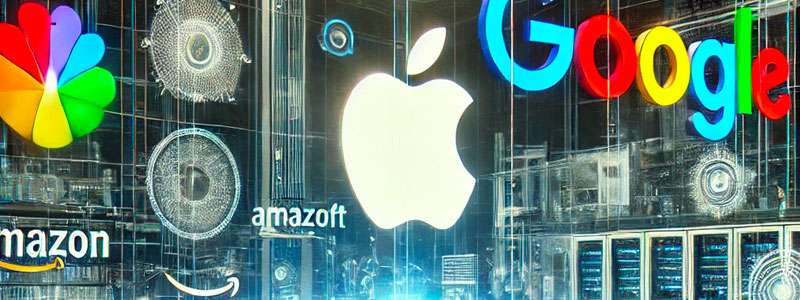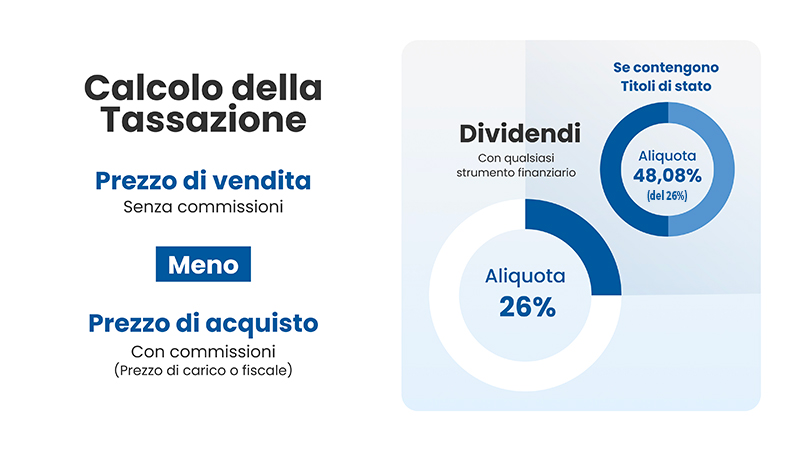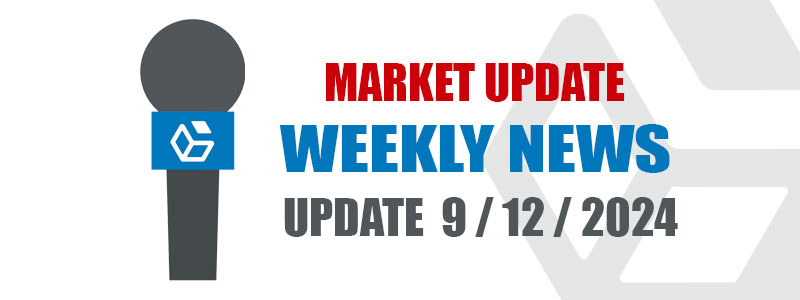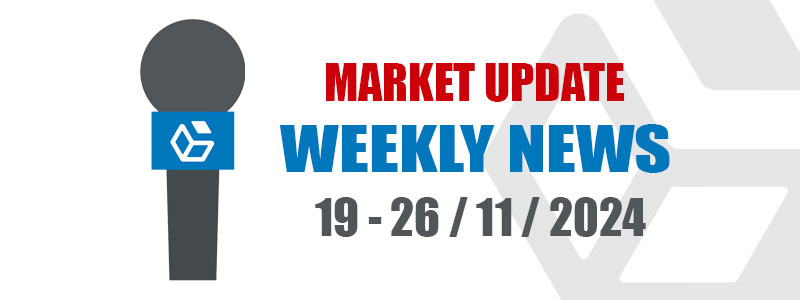
Meta, Microsoft, Oracle, Alphabet and many other giants fear that current technology could seriously threaten their businesses. For global big tech, artificial intelligence represents both a blessing and a curse.
As Bloomberg points out, on the one hand executives compete in showing how successfully their companies are exploiting this emerging technology, on the other hand they are aware that, in the long run, it could seriously threaten their businesses.
1. The doubts and unknowns of AI
Meta announced that its artificial intelligence systems could be used to generate fake news and disinformation during the upcoming U.S. presidential election.
Microsoft, on the other hand, anticipates that copyright claims may arise in the process of forming its models.
Oracle, for its part, admits that its products may not perform as well as those of its competitors.
Overall, at least a dozen technology companies have issued or updated “risk factors” regarding artificial intelligence in reports sent to the U.S. Securities and Exchange Commission (SEC).
Among other companies, Bloomberg mentions Alphabet, the parent company of Google. According to the Mountain View giant, the technology could have a negative impact on human rights, privacy, employment and other social issues, leading to lawsuits or significant financial damages.
A case in point concerns Adobe: while publicly stating that Photoshop and its other programs will remain essential for creative professionals, in official documents the company acknowledges that the spread of artificial intelligence could disrupt the workforce and demand for its software.
2. Concerns turned into reality
In some cases, fears and concerns have already become reality.
In early 2023, Nvidia expressed concern that misuse of artificial intelligence could lead to restrictions on its products.
This concern has come to fruition: after the ban on Chinese chips imposed by Gov. Biden, the Santa Clara giant has actually taken steps to do so.






